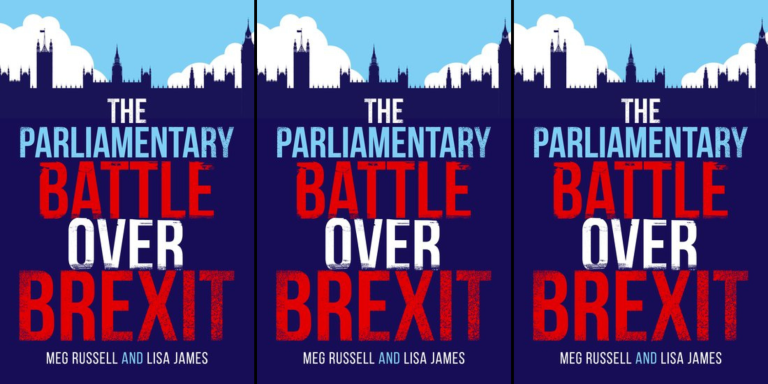This project explores the process of procedural change in the UK House of Commons, to understand the extent, causes, and consequences of government influence.

The project is analysing changes to the Commons’ rules over more than a century, with a particular focus on the last 25 years. This allows us to trace the process by which reform proposals are drafted, considered, and accepted or rejected, and to analyse the role of different actors in that process. We are also reviewing other parliaments’ approaches to changing their internal procedures, to understand what lessons Westminster might learn.
The project's first report was published in June 2024.
Report 1: Delivering House of Commons Reform: What Works?

The project's first report, Delivering House of Commons Reform: What Works?, was published in June 2024. It provides an evidence-based assessment of four different approaches to developing and delivering proposals for House of Commons reform: government initiative and three different kinds of select committee, exemplified by the Procedure Committee, the 2009–10 'Wright Committee' and the 1997–2010 Modernisation Committee.
By comparing how these approaches have worked in the past, the report aims to help current politicians better understand the potential mechanisms through which they could pursue an agenda of Commons reform.
 Close
Close




